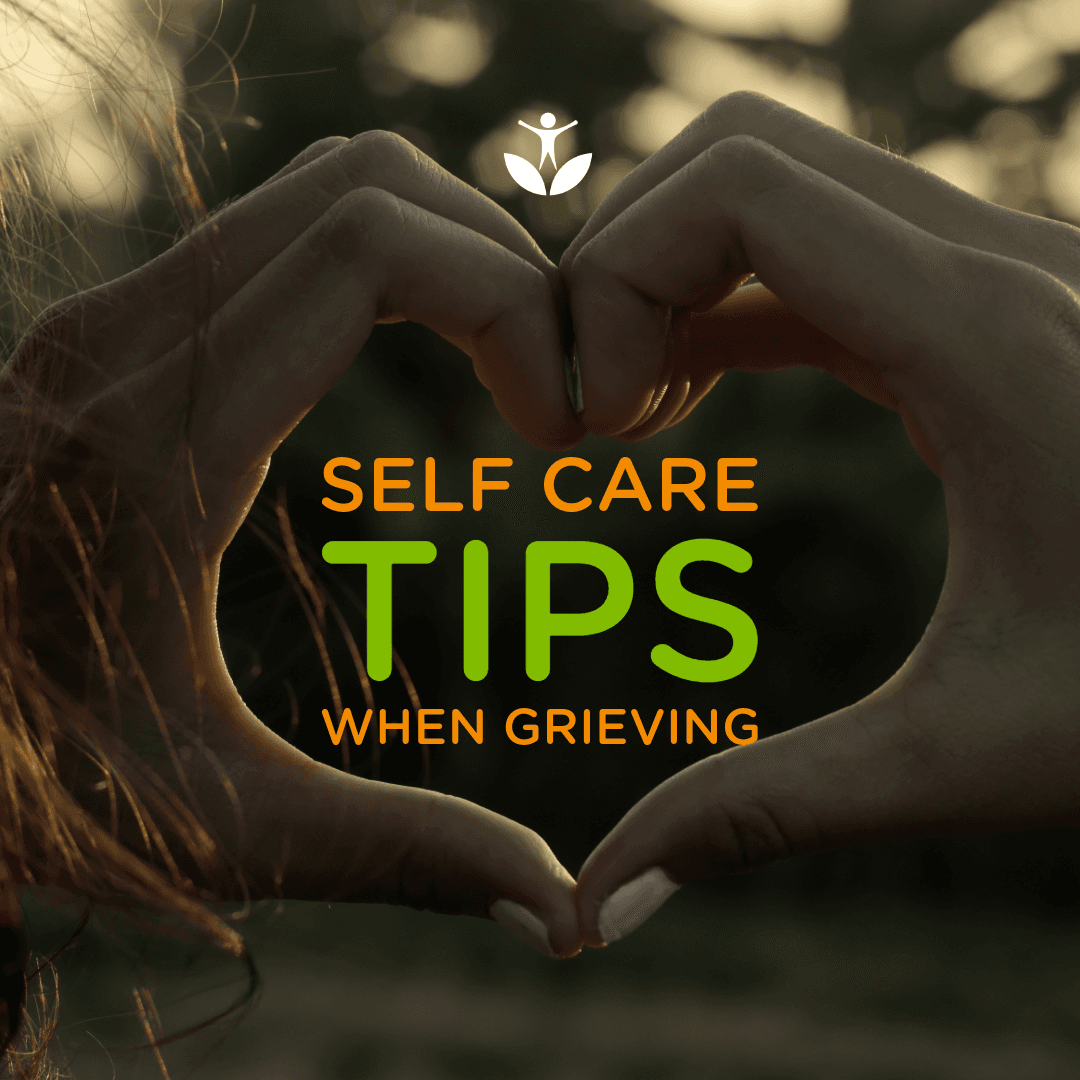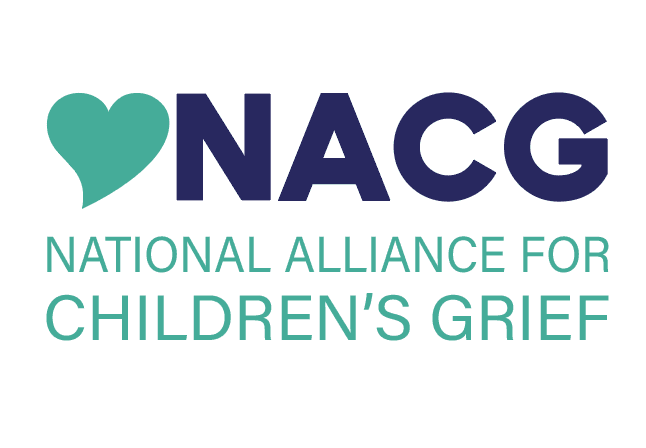
When we think of self-care in grief, it may not initially make sense. We might ask ourselves, how can we take care of ourselves when grief is so overpowering? How can we focus on ourselves when our focus should be on the loss experienced? How can we take care of ourselves when there are a million other things to do? The truth is, there is no more important time for self-care than when we are grieving. It is easy to leave ourselves for last, to focus on our children, on our jobs, on our loss. It may even feel unnatural to think of ways to love ourselves more, but grieving takes a tremendous toll on our mind and body. Just as we are reminded on every airplane flight, you have to put your mask on first before helping someone else.
In this article, we will explore different strategies that can be used to reduce stress, anxiety, and help ground ourselves when feeling overwhelmed by complicated emotions. Self-care is not just about ourselves. It also impacts the way we interact with the world around us. If we have no energy or feel lost in our grief, then there is little attention left to focus on other aspects of our life. In implementing these strategies, we can regain energy, love, patience and ground ourselves in a more positive way.
The activities presented below can be used daily and have been demonstrated to be effective in helping reduce negative symptoms related to grief. Here, we will address three general types of self-care activities and provide examples on how to use them.
Mindfulness has become very popular in recent years. It is not only a way to focus our attention on the moment, but also is a way to be in control of our overwhelming emotions as they are happening. There are many different types of mindfulness activities from mindful eating to mindful meditation. One activity that has been widely recommended for children and adults is the rule of five that can be used in a moment of an anxiety attack or when experiencing a grief trigger. This activity involves the use of our senses to allow us to focus in the moment and reduce anxious and overpowering emotions.
- When feeling overwhelmed, shift your focus to identify the following using your senses:
- 5 things you can see
- 4 things you can hear
- 3 things you can touch
- 2 things you can smell
- 1 thing you can taste
Managing our breathing not only helps regulate our body but it also helps release endorphins that are useful in reducing symptoms of anxiety, anger and pain. Breathing techniques can be used at any time, in any location. One simple breathing exercise is known as the 4-7-8 breathing technique. This technique focuses on mindfully regulating your breath using a specific count as you inhale and exhale. This technique can be modified when you can inhale or hold your breath for a longer or shorter time based on your comfort level. The more this technique is practiced the more effective it is in reducing stress levels.
- 4-7-8 breathing exercise
- Start from a comfortable position
- Begin by breathing in for 4 seconds
- Hold your breath for 7 seconds
- Exhale for 8 seconds
- Repeat this cycle 3 more times
Meditation is versatile enough to be included in yoga, mindfulness and many other areas in our lives. One specific type of meditation, called guided meditation, is helpful in the grieving process and promotes healing. There are several guided meditations that involve the use of mantras or other statements that help us reengage with life in a compassionate way. There are also cellphone applications that can be used to facilitate this process. It is important to enter this process with compassion and kindness in our grief. This type of meditation can help us cultivate calm and find connection with those around us.
- Guided Meditation
- Identify a specific guided meditation application that is ideal for you
- Find a quiet, comfortable spot to begin the process
- Place one hand over your heart
- Focus on your breathing
- Begin playing the guided meditation, listening to the instruction as you go along
No matter which activity we chose to help us bring about a sense of calm in our lives, it is important we incorporate self-care in our grieving process. Not only can this help reduce unexpected symptoms of loss such anxiety, overwhelming thoughts and emotions, it can also help us feel more grounded and present in the moment. The techniques above are simple and are one of many to help improve our self-care. Exploring which strategies are right for us is only the beginning of this process as we remember our loved one and take care of ourselves.
The Children's Bereavement Center “CBC” is a 501(c)(3) nonprofit organization providing FREE grief support groups for all ages (4+). Lift From Loss® is a division of CBC providing support for young adults and adults. For additional resources, visit our website at www.childbereavement.org. To register for our free virtual grief support groups, call us at (888) 988-5438 or e-mail support@childbereavement.org.







